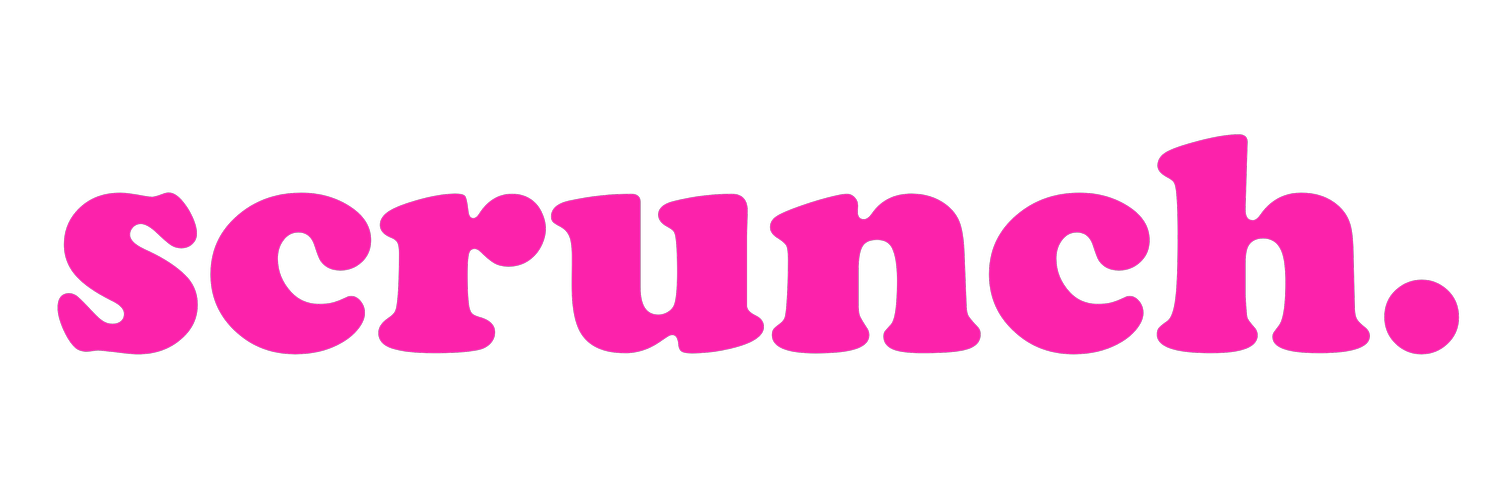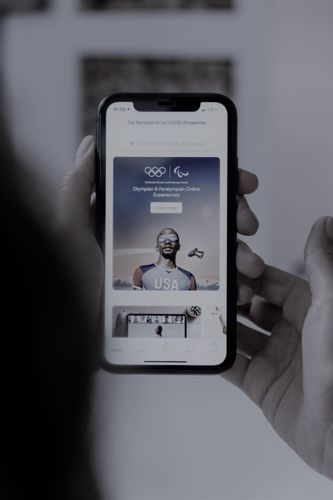Influencer Marketing and the Olympics
Read the latest marketing buzz and everything you need to know about Rule 40
Every four years the people of our beautiful planet come together, and we undergo debatably one of our greatest collaborations - the Olympics Games. Very much is this event a competition, but in as many ways, it is a celebration, a celebration of life, diversity, and our strength. And, of course, this kind of global event needs a shit-tonne of marketing.
With all eyes focused on the Winter Olympics in Pyeongchang, we can’t help but notice the sponsored brands and what our favourite athletes are wearing (Go team AU and USA!). The brand awareness and marketing for the Olympics is unreal! But, if you are a brand-sponsored an athlete and posting about the Olympics or using any hashtags related to the Olympics on social, stop what you are doing! As you may assume, brands pay millions of dollars to sponsor the Olympic Games, yet the use of the Olympic name and other words that specifically highlight the event have been unregulated. The International Olympic Committee (IOC) put an end to this during the 2016 Summer Olympics in Rio. Rule 40 is as follows: “except as permitted by the IOC Executive Board, no competitor, coach, trainer or official who participates in the Olympic Games may allow his person, name, picture or sports performances to be used for advertising purposes during the Olympic Games.” Essentially, if you aren’t Visa or Coca-cola who have chucked out millions upon millions to sponsor the event, then you can’t use any Olympic branding. The Olympics in Rio generated $848 million in sponsored revenue. The IOC has put Rule 40 in place to preserve and protect the brands that generate these numbers and prevent over-commercialization of the games.
Why is this important to influencer marketing?
Rule 40 has been a great debate of late. I beg the question–do these massive brands even need protection? Is it worth it to disregard the great Olympic Champions that made it to the Olympics in part by the fitness and athletic wear brands that sponsor them? I believe it is not.
Athletes are exceptional influencers. They represent health, strength, power, motivation, dedication, and perseverance—characteristics that are inspirational to all. Sports stars are often great influencers for food and drink brands, health and wellness brands, and especially fitness apparel brands. Because of Rule 40, athletes can no longer acknowledge the brands of the gear and apparel that they train in and perform in at the Olympics.
Athletes are influencers, and it is of great honour for athletes to compete in the Olympic Games. I feel they should have the right to thank the brands that have helped them on their journeys. Comment below how you feel, and we can have a discussion!
I compiled a list of our favourite Olympic Champs competing in the 2018 Pyeongchang Winter Olympics to keep your eyes on. Be sure to give some love!

